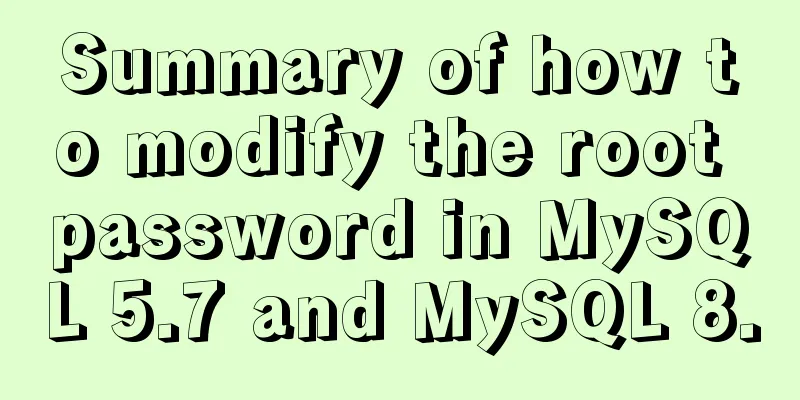Linux exposes Sudo privilege escalation vulnerability, any user can also run root commands

|
As one of the most commonly used and important utilities in Linux, Sudo is installed on almost every UNIX and Linux distribution to allow users to invoke and implement core commands. However, a privilege escalation vulnerability recently exposed directly points to a security policy risk of sudo - even if the configuration explicitly does not allow root user access, the vulnerability can still allow malicious users or programs to execute arbitrary commands as the root user on the target Linux system.
(Title image via Hacker News) It is reported that Sudo refers specifically to "super user". As a system command, it allows users to run programs or commands with special permissions without switching to another environment (usually running commands as the root user). By default on most Linux distributions (as shown in the screenshot), the ALL keyword in the RunAs specification file of /etc/sudoers allows all users in the admin or sudo group to run any command as any valid user on the system. However, because privilege separation is one of the most fundamental security paradigms in Linux, administrators can configure the sudoers file to define which users can run which commands.
As such, Baseline restricts users from running specific or any commands as root, and this vulnerability could allow users to bypass this security policy and take full control of the system. "As long as the Runas specification explicitly disallows root access and lists the ALL keyword first, a user with sufficient sudo privileges can use it to run commands as root," the Sudo developers said. It is reported that the vulnerability was tracked and discovered by Joe Vennix from Apple's Information Security Department (CVE-2019-14287). To exploit this bug, all you need is Sudo User ID -1 or 4294967295.
This is because the function that converts a user ID to a username mistakes -1 (or the invalid equivalent 4294967295) for 0, which happens to be the root user ID. Additionally, because the User ID specified with the -u option does not exist in the password database, no PAM session modules are run. In summary, this vulnerability affects all Sudo versions before the latest version 1.8.28. Fortunately, major Linux distributions have already pushed new versions to users a few hours ago. Well, this article ends. Thank you for your support of 123WORDPRESS.COM! You may also be interested in:
|
<<: Detailed explanation of count without filter conditions in MySQL
>>: A brief discussion on the pitfalls of react useEffect closure
Recommend
Mysql tree-structured database table design
Table of contents Preface 1. Basic Data 2. Inheri...
Life cycle and hook functions in Vue
Table of contents 1. What is the life cycle 2. Th...
border-radius is a method for adding rounded borders to elements
border-radius:10px; /* All corners are rounded wi...
Detailed steps for installing and configuring MySQL 8.0 on CentOS
Preface Here are the steps to install and configu...
MySQL 5.7.18 release installation guide (including bin file version)
The installation process is basically the same as...
Problems and solutions for deploying Nginx+KeepAlived cluster dual-active architecture in VMware
Preface Use nginx for load balancing. As the fron...
Detailed example of using case statement in MySQL stored procedure
This article uses an example to illustrate the us...
Zabbix implements monitoring of multiple mysql processes
Three MySQL instance processes are started on one...
Use of Vue3 table component
Table of contents 1. Ant Design Vue 1. Official w...
Table paging function implemented by Vue2.0+ElementUI+PageHelper
Preface I have been working on some front-end pro...
Computed properties and listeners details
Table of contents 1. Calculated properties 1.1 Ba...
Detailed explanation of CSS animation attribute keyframes
How long has it been since I updated my column? H...
Style trigger effect of web page input box
<br />This example mainly studies two parame...
Detailed explanation of query examples within subqueries in MySql
Where is my hometown when I look northwest? How m...
Detailed explanation of HTML basic tags and structures
1. HTML Overview 1.HTML: Hypertext Markup Languag...












